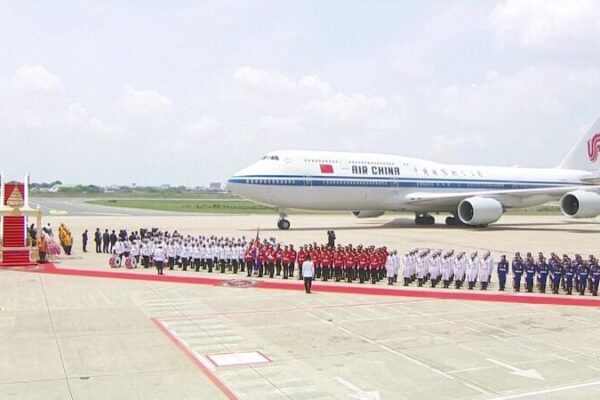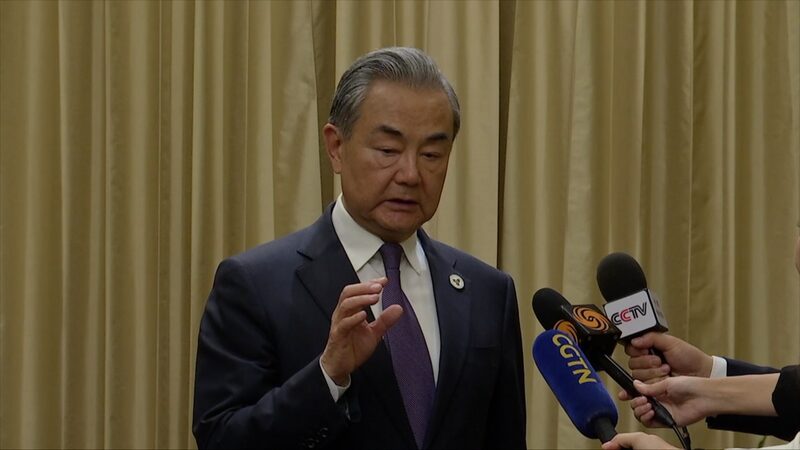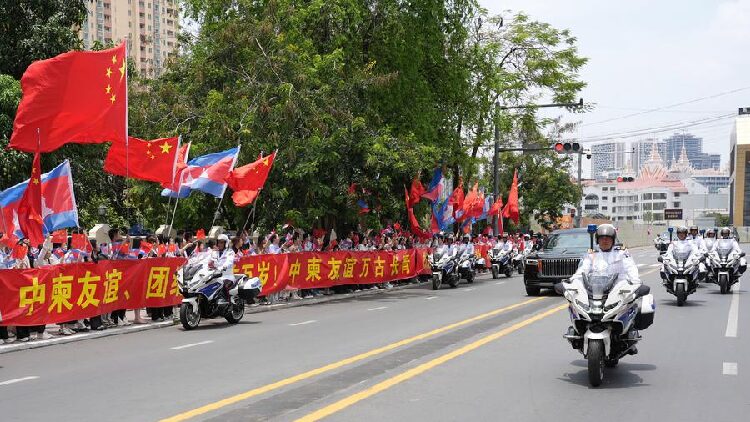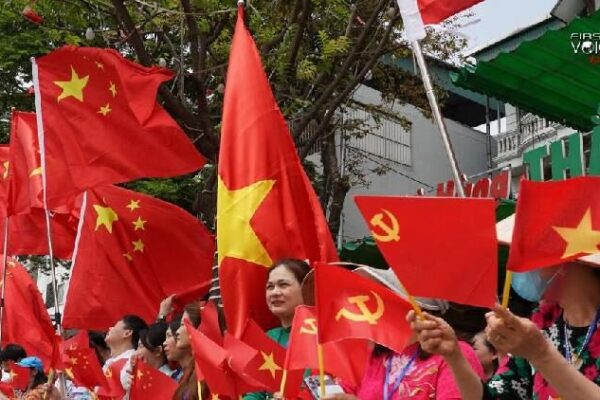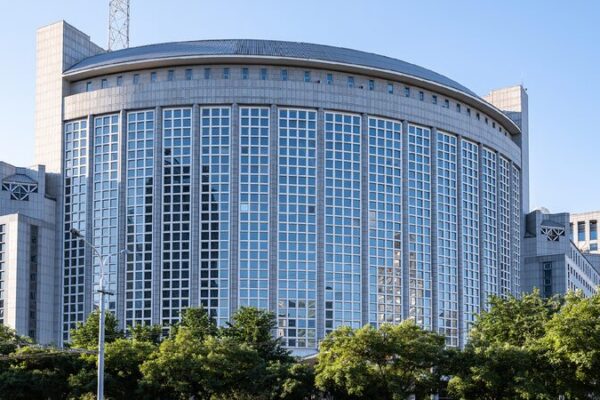In an exclusive interview, Malaysian Prime Minister Anwar Ibrahim shared insights on strengthening ties with China and promoting regional stability ahead of Malaysia’s chairmanship of ASEAN in 2025.
Chinese President Xi Jinping recently visited Malaysia from April 15 to 17 as part of his Southeast Asia tour, which also included stops in Vietnam and Cambodia. The visit underscored the growing importance of China-Malaysia relations in a rapidly changing global landscape.
“China has been a vital partner in our nation’s development,” Anwar said. “Through cooperation, trade, investment, and cultural exchanges, we have seen significant benefits for the Malaysian people.”
As tensions rise in various parts of the world, Anwar emphasized Malaysia’s commitment to free trade and openness. “We believe in engaging with all nations on the basis of mutual respect and shared prosperity,” he stated. “It’s essential that we do not succumb to external pressures that could undermine our sovereignty or regional stability.”
Looking ahead to Malaysia’s upcoming role as ASEAN’s rotating chair in 2025, Anwar highlighted the opportunity to further solidify partnerships within the region. “ASEAN plays a crucial role in maintaining peace and fostering economic growth in Southeast Asia,” he remarked. “We aim to lead with a focus on unity and collaborative solutions to the challenges we face.”
When asked about the strategic partnership with China, Anwar expressed optimism. “Strengthening our ties with China is not just about bilateral benefits,” he explained. “It’s also about contributing to the stability and prosperity of the entire region.”
Anwar’s vision reflects a commitment to navigating the complexities of international relations in a way that prioritizes the well-being of Malaysians and their neighbors. As the global community watches, Malaysia’s stance could play a pivotal role in shaping the future of Southeast Asia.
Reference(s):
cgtn.com




